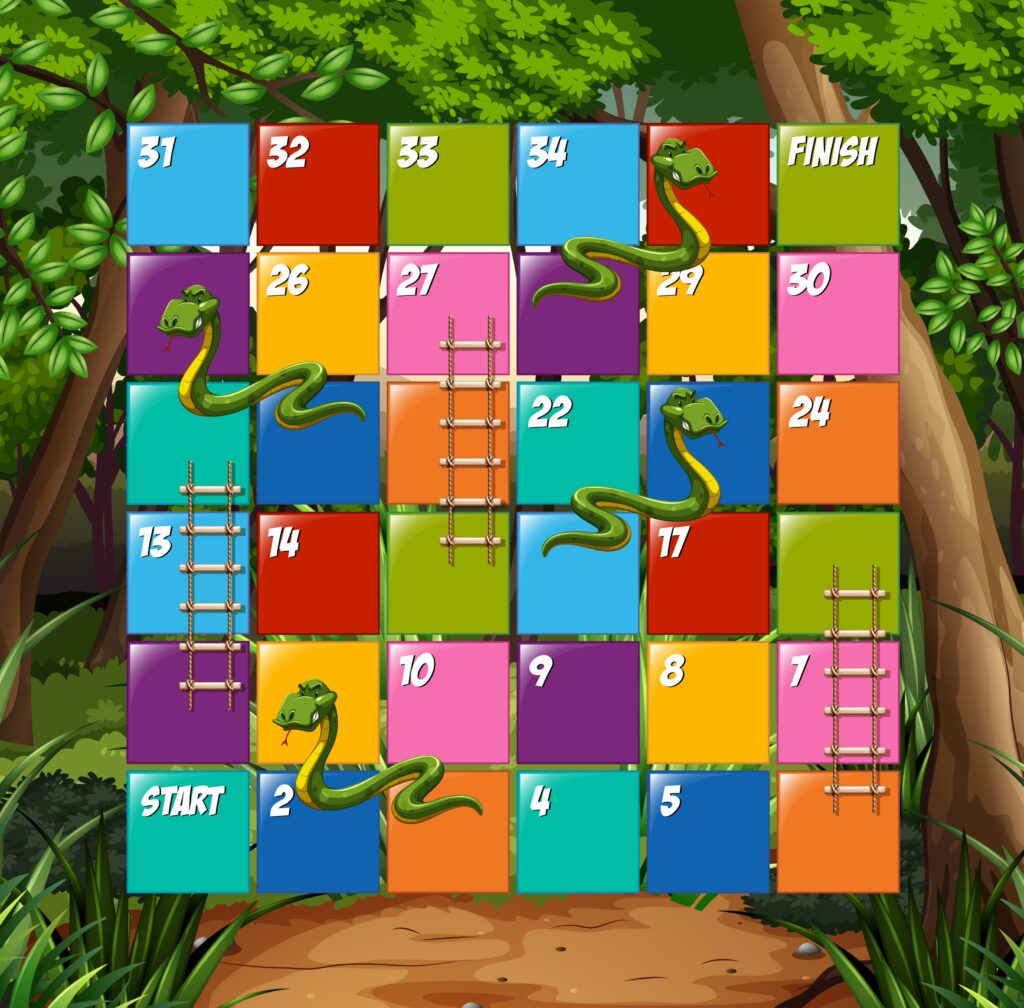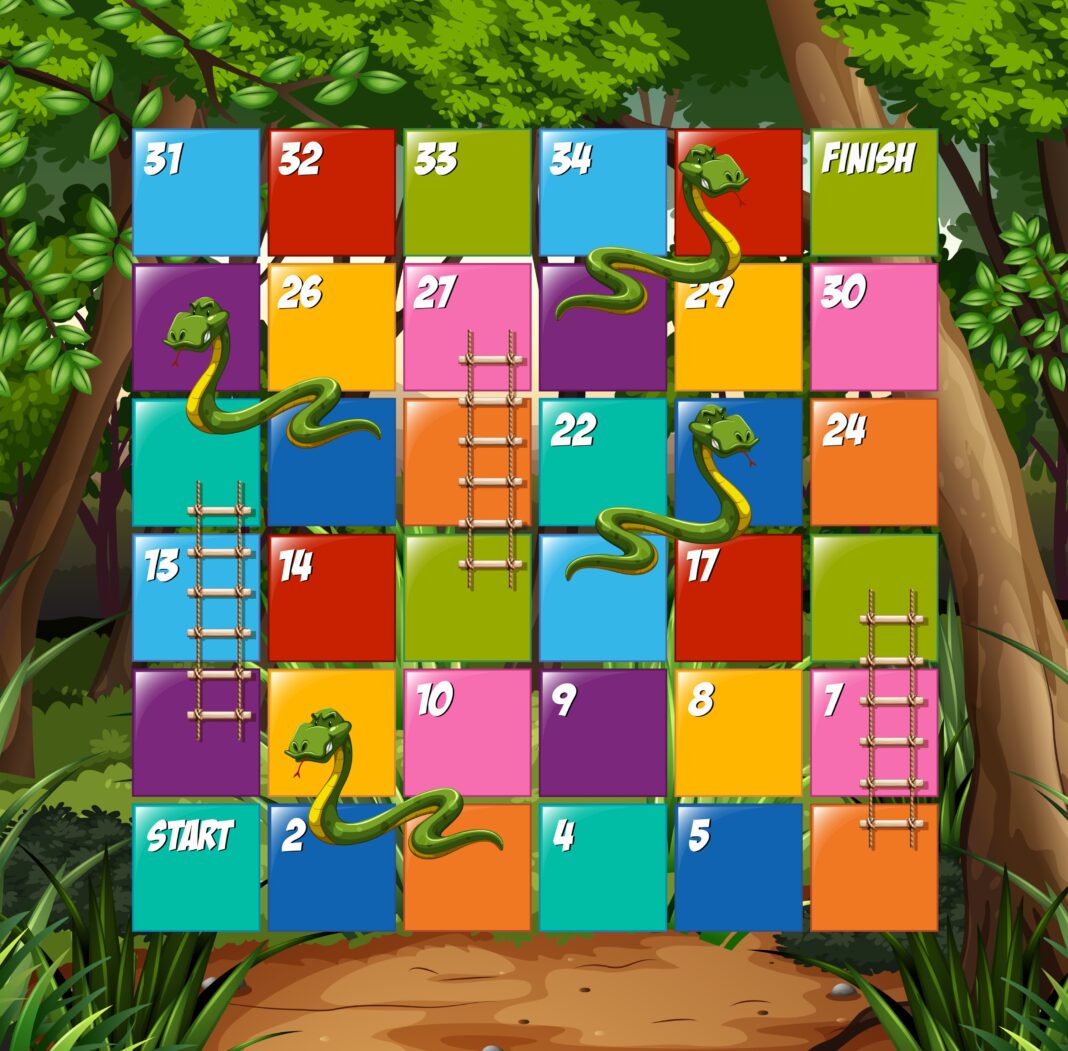In a world where stress and anxiety are increasingly common, many people are turning to unconventional methods for relaxation. One surprising yet highly effective tool for mental well-being is video games—specifically, calming life simulation games like Animal Crossing: New Horizons. Unlike fast-paced, competitive games that demand quick reflexes and strategic thinking, Animal Crossing offers a serene, pressure-free environment where players can unwind at their own pace.

This article will take an in-depth look at how Animal Crossing and similar games promote relaxation, reduce stress, and even contribute to long-term mental health benefits. We’ll explore the game’s design philosophy, psychological impacts, real-world therapeutic applications, and why so many people find it to be a digital form of self-care. By the end, you’ll understand why millions of players worldwide consider Animal Crossing not just a game, but a wellness tool.
The Calming Design Philosophy of Animal Crossing and Similar Games
1. Soothing Visual Aesthetics and Art Direction
One of the first things players notice about Animal Crossing is its warm, inviting art style. The game features soft pastel colors, rounded shapes, and a charmingly simplistic design that evokes a sense of comfort. Unlike visually intense games with hyper-realistic graphics or chaotic special effects, Animal Crossing’s visuals are intentionally gentle.
- Natural Landscapes: The game’s environments mimic idyllic rural and coastal settings, filled with lush greenery, sandy beaches, and tranquil rivers. Studies in environmental psychology suggest that exposure to natural scenery—even in digital form—can lower stress levels and improve mood.
- Character Design: The villagers and NPCs (non-player characters) are designed to be cute and non-threatening, with expressive but non-aggressive animations. This fosters a sense of friendliness and safety.
- Day-Night Cycle and Weather Effects: The game’s dynamic lighting and weather changes (soft rain, gentle snowfall) enhance immersion while maintaining a peaceful atmosphere.
2. Relaxing Sound Design and Music
Sound plays a crucial role in creating a calming experience. Animal Crossing uses audio in a way that feels organic and unobtrusive.
- Ambient Sounds: The rustling of leaves, distant ocean waves, and chirping crickets at night contribute to a meditative atmosphere.
- Background Music: Each hour of the day has its own unique, soothing tune—ranging from cheerful daytime melodies to slow, piano-based tracks at night. The music is designed to be pleasant but not distracting, making it ideal for relaxation.
- Minimal Stress Indicators: Unlike many games that use alarming sound effects for danger or failure, Animal Crossing avoids jarring noises. Even minor setbacks (like missing a fish) are accompanied by lighthearted sounds rather than frustration-inducing cues.
3. Non-Competitive, Self-Paced Gameplay
Most video games rely on challenges, time limits, or competition to engage players. Animal Crossing removes these stressors entirely.
- No Penalties for Failure: There are no “game over” screens, no health bars, and no way to “lose.” Players can take as long as they want to complete tasks—or ignore them entirely.
- Open-Ended Objectives: While there are activities like fishing, bug-catching, and fossil hunting, none are mandatory. Players set their own goals, whether it’s paying off a home loan, designing a dream island, or simply wandering around.
- Real-Time Progression: The game syncs with the player’s local time and seasons, encouraging short, daily check-ins rather than marathon sessions. This prevents burnout and promotes a balanced play schedule.
4. Predictable and Comforting Routines
Human brains are wired to find comfort in routine, and Animal Crossing capitalizes on this by offering structured yet flexible daily activities.
- Daily Chores with Low Stakes: Tasks like watering flowers, shaking trees for fruit, or checking in with villagers provide a sense of accomplishment without pressure.
- Seasonal Events: The game introduces special events (like cherry blossom festivals or winter holidays) that give players something to look forward to, mirroring the comforting predictability of real-world traditions.
- Repetition as a Form of Relaxation: Just as knitting or gardening can be meditative, the repetitive actions in Animal Crossing (like fishing or crafting) induce a flow state that reduces anxiety.
Psychological Benefits of Relaxing Game
1. Stress Reduction and Emotional Regulation
Research has shown that engaging with calming games can lower cortisol levels (the stress hormone) and increase feelings of relaxation.
- Mindfulness and Presence: Animal Crossing encourages players to focus on small, immediate tasks, similar to mindfulness exercises. This helps divert attention from real-world worries.
- Emotional Safety Net: The game provides a controlled environment where players can experience small joys (like receiving a gift from a villager) without real-life risks.
2. Sense of Control and Personal Agency
For people dealing with stress, depression, or situations where they feel powerless (such as during lockdowns), Animal Crossing offers a space where they have full control.
- Creative Expression: Designing homes, arranging furniture, and terraforming islands allow for artistic freedom without judgment.
- Small Wins Add Up: Paying off loans, completing collections, or achieving a 5-star island rating provide measurable progress, boosting self-esteem.
3. Social Connection Without Social Anxiety
Many relaxing games include multiplayer features that foster connection in a low-pressure way.
- Visiting Friends’ Islands: Players can interact with others without the demands of voice chat or competitive gameplay.
- Villager Relationships: The game’s NPCs offer scripted but meaningful interactions, providing a sense of companionship for those who feel isolated.
Real-World Therapeutic Applications
1. Used in Mental Health Therapy
Some therapists recommend Animal Crossing as a supplementary tool for:
- Anxiety management
- Depression relief
- Routine-building for ADHD patients
2. Positive Escapism vs. Harmful Coping Mechanisms
Unlike binge-watching TV or doomscrolling social media, Animal Crossing offers active engagement in a stress-free world.
3. Encouraging Healthy Habits
The game’s real-time mechanics subtly promote:
- Consistent daily routines
- Delayed gratification (e.g., waiting for trees to grow)
- Mindfulness and patience
Frequently Asked Questions (FAQ)
Q: How does Animal Crossing compare to other relaxation methods like meditation?
A: While different, both can reduce stress. Meditation focuses on stillness, while Animal Crossing provides gentle engagement. Some players find the game more accessible.
Q: Are there studies supporting games as relaxation tools?
A: Yes. Research has shown that casual, non-violent games can lower stress and improve mood.
Q: Can children benefit from these games too?
A: Absolutely. The game’s simplicity and lack of violence make it suitable for all ages.
Q: How much time should I spend playing for relaxation?
A: Even 20-30 minutes can help, but moderation is key. The game is designed for short, daily play.
Conclusion
Games like Animal Crossing offer more than entertainment—they provide a digital retreat for relaxation, creativity, and emotional well-being. Through thoughtful design, stress-free gameplay, and meaningful routines, these games have become a valuable tool for mental health. Whether you’re looking to unwind after work, manage anxiety, or simply enjoy a peaceful virtual world, Animal Crossing proves that video games can be a powerful form of self-care.
Would you like me to expand on any section further? I can provide additional details on psychological studies, comparisons to other relaxing games, or personal testimonials.


